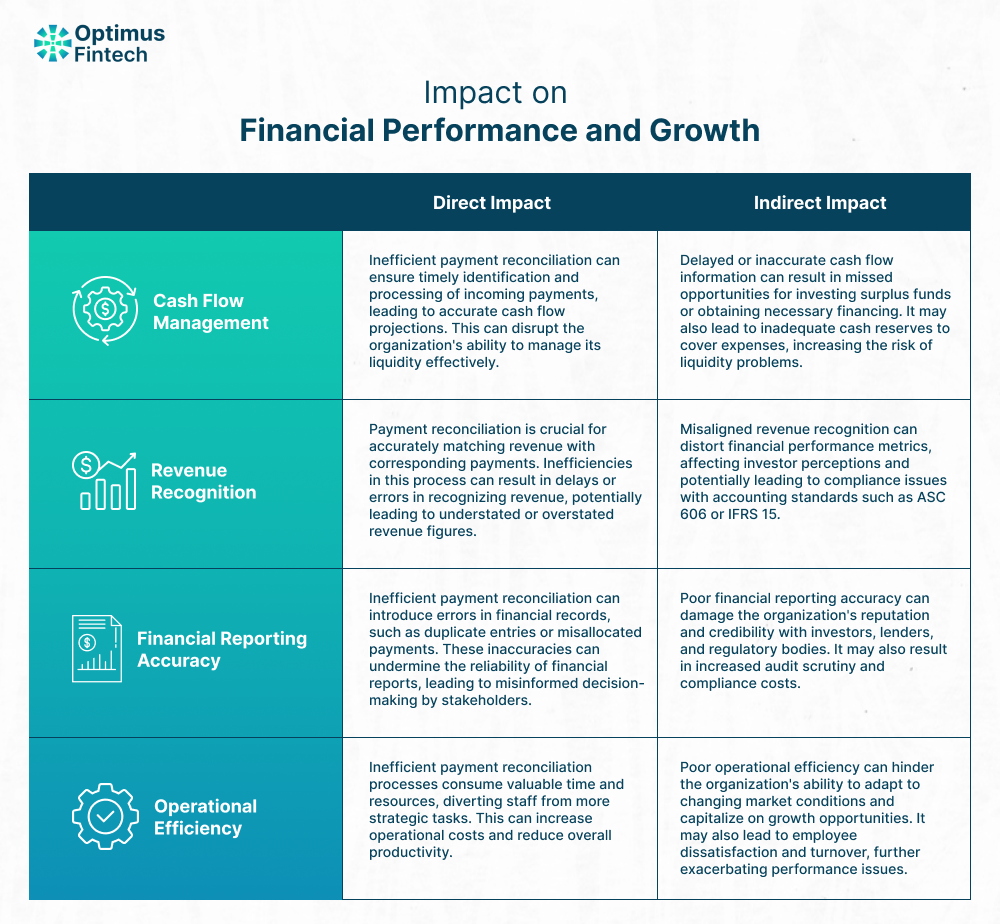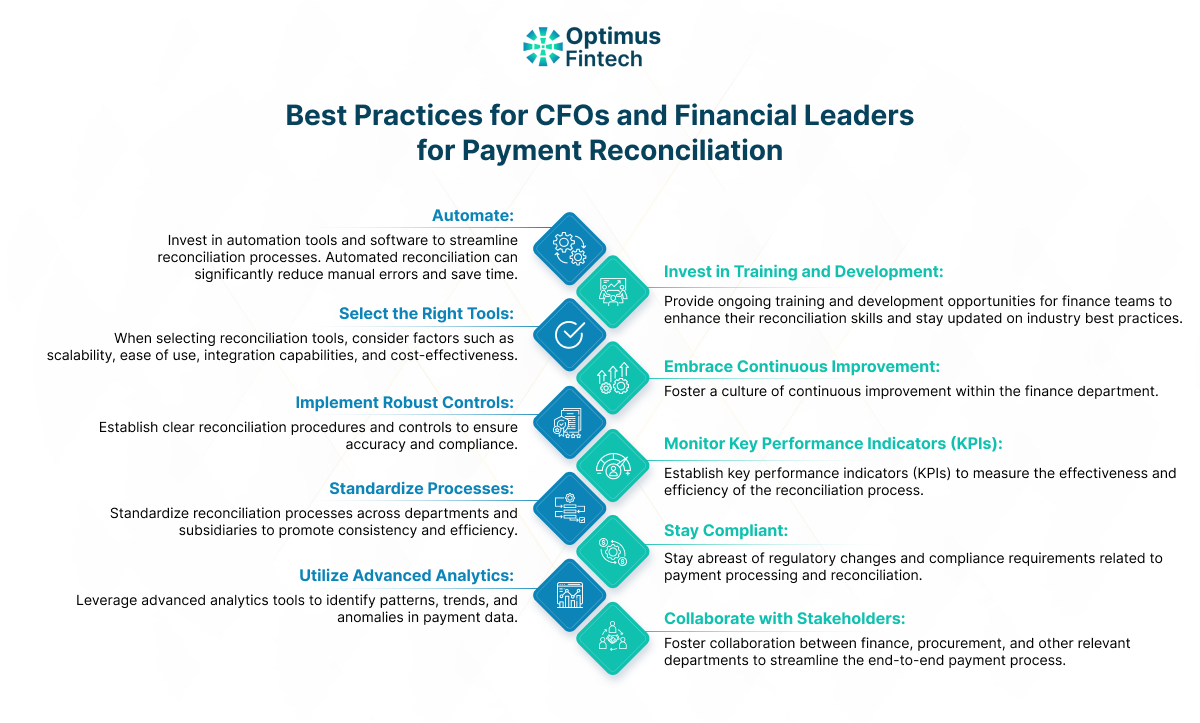eCommerce Reconciliation
Beyond the Checkout: Eliminating Payment Bottlenecks to Boost Growth in eCommerce
Explore how overcoming payment bottlenecks can propel eCommerce growth, exploring strategies to streamline the checkout process and enhance customer satisfaction.

Amrit Mohanty
Mar 5, 2024 (Last Updated: Nov 13, 2025)

The recent evolution of the e-commerce realm has undergone profound shifts, driven by advancements in technology and changes in consumer habits. From the convenience of mobile shopping to the rise of voice-activated assistants, the digital marketplace constantly evolves, presenting business opportunities and challenges. However, amid this rapid evolution, one critical aspect often overlooked is the checkout process and its role in shaping the overall customer experience.
Optimizing product listings, refining marketing strategies, and enhancing website design are crucial for e-commerce success. However, checkout processes often present significant challenges that hinder conversion rates. Lengthy forms, limited payment options, and security concerns can create bottlenecks. Addressing these issues involves streamlining checkout, leveraging innovative technologies, and prioritizing security to instill consumer trust. By eliminating payment bottlenecks, e-commerce businesses can unlock new avenues for growth and differentiation in a competitive market.
Complexity of Global Payments: Unveiling Operational Challenges in eCommerce Beyond the Checkout
Global expansion in the digital marketplace offers growth opportunities but comes with challenges like navigating diverse payment methods and regulations. Efficient payment reconciliation across currencies, regulations, and processing timelines is crucial. This complexity extends beyond currency conversion to include factors like local regulations and volatile exchange rates. Failing to manage these intricacies risks creating payment bottlenecks, hindering revenue streams and eroding customer trust. To capitalize on e-commerce potential, companies must excel at capturing sales during checkout and optimize backend operations to eliminate payment bottlenecks and foster growth. This blog post explores strategies for overcoming payment bottlenecks, from embracing mobile payment solutions to integrating AI for personalized shopping experiences, to drive revenue and loyalty. Join us as we unlock the potential of e-commerce with seamless payment experiences that delight customers and fuel sustainable growth.
The Complexity of Modern Payment Ecosystems
The payment options landscape is transforming significantly in the current digital era, driven by evolving customer preferences and technological advancements. Various types of payment cards are increasingly replacing traditional credit and debit cards. Digital wallets such as PayPal, Apple Pay, and Google Pay have surged in popularity due to their user-friendly interface and enhanced security features. These wallets allow users to store multiple payment methods within a single application, enabling convenient online and offline purchases.
Moreover, the rise of cryptocurrencies like Bitcoin and Ethereum has revolutionized the payment ecosystem, offering decentralized and borderless transaction capabilities that resonate with a growing audience. This trend underscores the importance of flexibility and choice in meeting diverse consumer needs. However, the proliferation of payment options, from traditional credit cards to digital wallets and cryptocurrencies, presents challenges in reconciliation processes. Each method operates on different platforms, complicating transaction tracking and risking errors. Manual reconciliation efforts are time-consuming and error-prone, potentially compromising regulatory compliance. Moreover, fragmented payment data hampers fraud detection and security. To address these challenges, organizations must invest in advanced reconciliation tools to streamline processes, enhance efficiency, and maintain financial integrity amidst evolving payment landscapes.
The Strategic Role of CFOs in Navigating Payment Challenges
According to a McKinsey Global Survey focusing on CFOs, finance leaders face additional time demands due to emerging tasks like digitizing essential business functions alongside their traditional financial responsibilities. Although these new roles offer opportunities for differentiation from competitors, numerous CFOs express concerns about their companies' readiness to address these evolving challenges.
The strategic role of CFOs and finance leaders in navigating payment challenges extends beyond mere transactional management, particularly in the context of e-commerce platforms. Positioned at the intersection of financial strategy and operational efficiency, CFOs play a pivotal role in charting the course for sustainable growth in digital marketplaces. They are tasked with understanding the intricate nuances of payment ecosystems, from optimizing transaction costs to managing fraud risks and ensuring regulatory compliance.
Moreover, CFOs spearhead strategic initiatives to enhance user experience through seamless payment processes, thereby driving customer satisfaction and loyalty. By leveraging data analytics and innovative technologies, such as machine learning and AI, CFOs can extract actionable insights to inform strategic decision-making, foster revenue growth, and mitigate financial risks. Their ability to balance short-term financial objectives with long-term sustainability goals enables e-commerce platforms to adapt to evolving market dynamics while maintaining financial resilience. In essence, CFOs and finance leaders serve as strategic architects, steering e-commerce platforms towards sustainable growth by effectively navigating payment challenges and maximizing value creation opportunities.
Impact on Financial Performance and Growth

Inefficient payment reconciliation can directly and indirectly impact financial performance, affecting various aspects such as cash flow management, revenue recognition, and financial reporting accuracy. Let's break down these impacts:
Unlocking Growth: Overcoming Payment Reconciliation Inefficiencies
Efficient payment reconciliation is crucial for financial health and growth. Yet, inefficiencies in these processes can create operational bottlenecks, hindering scalability and overall performance. This case study explores the impact of payment reconciliation inefficiencies on a fictional company's financial performance and growth, outlining challenges faced and strategies employed to address them.
Case Study
One of the largest telecom carriers in the US with 5000+ store locations faced revenue leakage challenges while reconciling customer payment transactions. In addition, there was a lack of transactional level order-to-cash traceability across their billing systems, financing system, payment gateways, acquirers, networks, and bank accounts, resulting in auditing and customer dispute challenges such as:
- There had been 150 payment incidents impacting over 2 million customers and payments totaling $200M in 2017.
- There had been write-offs due to unaccounted payment transactions amounting to $32M.
- The operations team took a few weeks to months to onboard new payment/billing sources.
Solution:
The Carrier implemented the Optimus Fintech platform to automate and optimize every step of the payment back-office, creating a unified experience across payment, finance, and operations teams.
Results:
Within the first month of going live with Optimus Fintech, the following transaction discrepancies were discovered and remediated. Huge number of customer accounts not settled and more. But with Optimus Fintech solution there were considerable improvements in service levels and turnaround times. The Carrier successfully transforms its payment operations through its strategic partnership with Optimus Fintech, driving efficiency, security, and customer satisfaction. Read More
Leveraging Technology for Competitive Advantage
Automated payment reconciliation exemplifies the transformative power of cutting-edge technology in financial operations. Businesses can streamline processes, enhance accuracy, and save valuable time and resources by leveraging ML and AI. These advanced solutions automate matching payments with invoices or accounts, eliminating manual efforts and reducing errors. Real-time data analytics capabilities offer actionable insights into cash flows, enabling proactive decision-making. Embracing automated reconciliation improves efficiency, fosters agility, reduces costs, and provides a competitive edge in dynamic markets.
Leveraging technology for competitive advantage in payment reconciliation is crucial for modern businesses, especially those operating in the e-commerce sector. Payment reconciliation software and auto reconciliation tools streamline financial processes, reduce errors, and provide valuable insights for strategic decision-making. Stripe, Adyen, Square, PayPal etc are some of the most known payment reconciliation tools in the market.
Best Practices for CFOs and Financial Leaders

Optimizing payment reconciliation processes is critical for CFOs and financial leaders to ensure accurate financial reporting, minimize errors, and streamline operations. Here are some actionable insights and key best practices for CFOs looking to enhance their payment reconciliation processes:
- Automate: Invest in automation tools and software to streamline reconciliation processes. Automated reconciliation can significantly reduce manual errors and save time. Look for tools that integrate seamlessly with existing accounting systems and provide real-time updates.
- Select the Right Tools: When selecting reconciliation tools, consider factors such as scalability, ease of use, integration capabilities, and cost-effectiveness. Choose tools that align with your organization's specific needs and can adapt to future growth and changes in payment volumes.
- Implement Robust Controls: Establish clear reconciliation procedures and controls to ensure accuracy and compliance. This includes segregating duties, implementing dual authorization for large transactions, and reviewing reconciliation reports for discrepancies regularly.
- Standardize Processes: Standardize reconciliation processes across departments and subsidiaries to promote consistency and efficiency. Develop comprehensive reconciliation guidelines and provide training to ensure all team members understand their roles and responsibilities.
- Utilize Advanced Analytics: Leverage advanced analytics tools to identify patterns, trends, and anomalies in payment data. By analyzing historical transaction data, CFOs can gain valuable insights into cash flow patterns, vendor behavior, and potential areas for cost savings.
- Invest in Training and Development: Provide ongoing training and development opportunities for finance teams to enhance their reconciliation skills and stay updated on industry best practices. This may include formal training programs, workshops, and certifications.
- Embrace Continuous Improvement: Foster a culture of continuous improvement within the finance department. Encourage team members to suggest process enhancements and implement feedback loops to capture lessons learned and identify areas for improvement.
- Monitor Key Performance Indicators (KPIs): Establish key performance indicators (KPIs) to measure the effectiveness and efficiency of the reconciliation process. Track metrics such as reconciliation cycle time, error rates, and cost per transaction to identify areas for optimization.
- Stay Compliant: Stay abreast of regulatory changes and compliance requirements related to payment processing and reconciliation. Ensure that reconciliation processes adhere to relevant accounting standards, tax regulations, and industry-specific guidelines.
- Collaborate with Stakeholders: Foster collaboration between finance, procurement, and other relevant departments to streamline the end-to-end payment process. By working closely with stakeholders, CFOs can identify process integration and optimization opportunities.
As financial leaders of their organizations, Chief Financial Officers (CFOs) and financial leaders play a pivotal role in steering their companies toward success through effective management of financial resources and strategic decision-making. The anticipation and adaptation to evolving payment trends and regulatory landscapes are central to their responsibilities. By prioritizing forward-thinking strategies, they can proactively identify potential shifts in consumer behavior, technological advancements, and regulatory changes that may impact their organization's financial health. Emphasizing agility and compliance ensures the business can swiftly adapt to these changes, maintaining its competitive edge and safeguarding against potential risks.
In conclusion, eliminating payment bottlenecks goes beyond enhancing the checkout experience; it's about unlocking the full potential of eCommerce growth. By streamlining payment processes, businesses can reduce friction, increase customer satisfaction, and ultimately boost sales. Embracing innovative payment solutions and staying agile in adapting to market changes will be crucial in staying ahead in the competitive eCommerce landscape. As businesses continue to evolve, prioritizing a seamless payment experience will remain a cornerstone for sustained growth and success.

